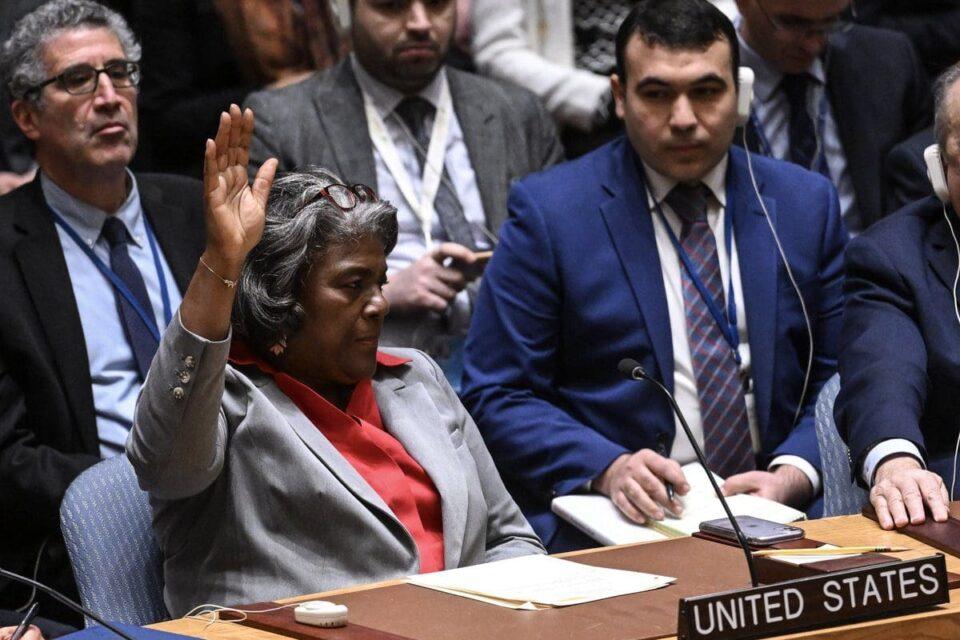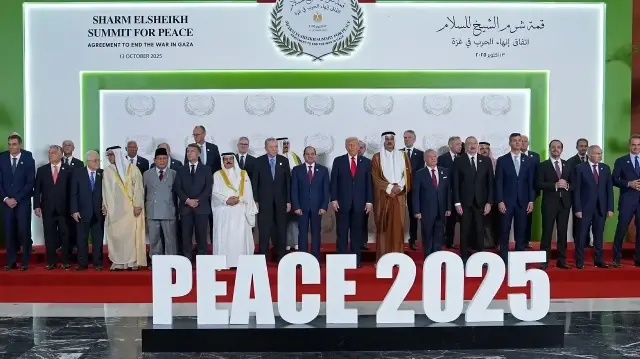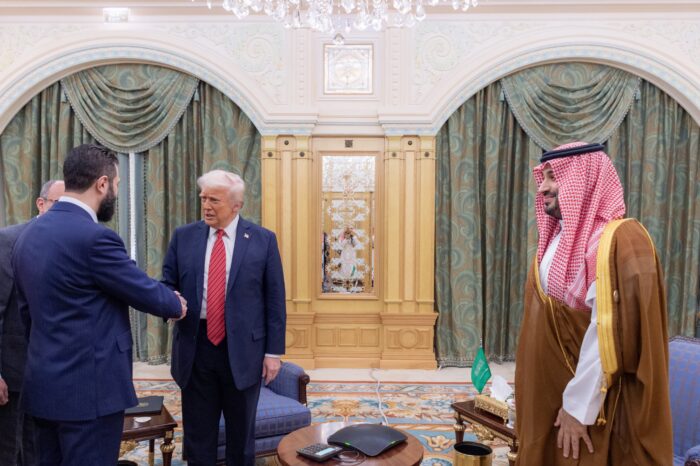Did Biden abandon Israel at the UN General Assembly?

The ‘immediate ceasefire resolution’ issued by the United Nations General Assembly (UNGA) due to the United States’ abstention indicates that the Biden administration’s political pressure on Israeli Prime Minister Netanyahu persists. Despite the White House emphasizing that the decision is not binding and that there are no changes in policy, Netanyahu canceled the visit of the delegation he planned to send to Washington immediately after the UNGA decision. The fact that the Biden administration, which has been diplomatically protecting Israel with its veto power since October 7th, chose to abstain this time suggests that the crisis in bilateral relations has reached its peak. While Netanyahu may lean towards Trump, who has advocated for ending the conflict, Trump’s remarks have increased American pressure.
THE SANCTIONING POWER OF THE DECISION
The UNGA resolution is legally binding under international law, but given that the implementation depends on major powers, it seems unlikely to have a direct impact on Gaza. While the decision anticipates a ceasefire during Ramadan and calls on Hamas to release hostages and Israel to allow humanitarian aid, it lacks the sanctioning power to achieve these goals. However, it is significant in demonstrating that Israel is diplomatically isolated. Israel, which believes it can disregard the international system thanks to the American veto shield, will now feel the need to refrain from comprehensive operations in Gaza, at least for the time being. The U.S. backing down from insisting on the release of all hostages as a precondition for the ceasefire can also be seen as a significant diplomatic defeat for Israel.
Israeli Foreign Minister Katz defiantly stated that they would not comply with this decision and would fight until they destroyed Hamas and rescued all hostages. However, it would not be realistic to expect the Biden administration, which allowed the resolution to pass by abstaining to significantly intervene in its implementation to reduce the pressure on itself. According to reports, the Biden administration ensured that the term ‘permanent’ ceasefire was used in the text instead of ‘continuous’ during the negotiation process. In doing so, Washington diluted the pressure for a ceasefire, as the term ‘permanent’ opens the door for Israel to declare a ceasefire and then violate it under any pretext. Moreover, by including the demand for the release of hostages in the text, the Biden administration has paved the way for Israel to use the argument that Hamas did not comply with the UNGA resolution. In this context, even though Hamas is not the direct target of the UNGA resolution legally, calling for the release of hostages can be interpreted as an effort by Israel to strengthen its position.
CEASEFIRE NEGOTIATIONS
Just before the UNGA decision, it was reported that Israel agreed to a temporary ceasefire in ongoing negotiations in Qatar, involving the release of 40 Israeli and American hostages in exchange for 700 Palestinian prisoners. However, it is known that Hamas insists on a broader agreement, including humanitarian aid, the return of displaced persons, and the cessation of military operations. Although Israel seems to have softened its negotiation position on these issues under American pressure, it is unclear whether Hamas will accept this agreement, which only focuses on hostages. The U.S. abstaining and allowing the UNGA resolution to pass can be interpreted as an effort to pressure both Hamas and Israel for a ceasefire. Even the time-consuming process of achieving a temporary ceasefire indicates that American pressure is insufficient and that a more comprehensive solution is far away as long as Israel’s policy remains unchanged.
The Biden administration politically needs any ceasefire and increased humanitarian aid because Biden, who will run for presidency, does not want to face Palestinian protests at rallies. In this regard, if the ceasefire agreement materializes, the White House will try to portray it as a diplomatic success. In addition to taking a stance against the Netanyahu government under election pressure, Biden would need to pressure Israel for a two-state final solution if a ceasefire were to be achieved. Biden is aware that a permanent peace will not come with a government led by Netanyahu, who has not accepted even a short-term ceasefire for six months and continues to make threats every day. However, if the pressure on Biden decreases with the ceasefire, the administration will switch to a ‘let’s manage until the election and then see’ mode, postponing the two-state solution to another time.
In the presidential race, Trump will try to criticize Biden both for ‘there wouldn’t have been this war if I were in power’ and ‘Biden abandoned Israel’ arguments. Looking at the initial reactions of the pro-Israel lobby, it is seen that they insist on arguments such as Hamas being solely responsible and that surrendering and releasing all hostages will end the war. The Biden administration’s position until the UNGA decision is clearly unsustainable, but Biden will face heavy criticism for allowing a resolution that does not condemn Hamas. Pennsylvania Senator John Fetterman immediately criticized the decision, saying that it is Hamas, not Israel, that deserves isolation. These reactions show that Biden’s stance against Netanyahu to soften the Palestinian reaction in his own base may have a certain political cost. While the international community expects a much more comprehensive pressure campaign from Biden, it is highly likely that, in the face of domestic political balances, he will develop a support-stifling policy for Israel against Netanyahu.























